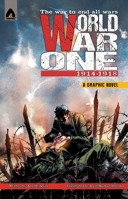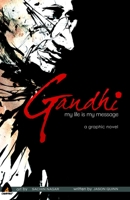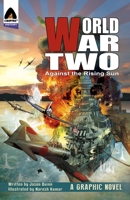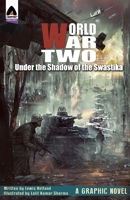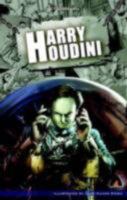Arbella: England's Lost Queen
You Might Also Enjoy
Customer Reviews
Rated 5 starsNow I have lost all I can lose or almost care to lose.
Arbella England's Lost Queen is the story of Arbella Stuart, the presumed heir to the throne after Queen Elizabeth I. Sarah Gristwood meticulously traced Arbella's life from infancy through her last tragic moments. Arbella was groomed to be Queen Elizabeth's heir by her Grandmother, Bess of Hardwick. Elizabeth never declared Arbella her heir, but implied so on various ocassions. Therefore, Arbella grew up thinking she was...
9Report
Rated 5 starsA sympathetic treatment of a tragic character
Arbella Stuart is one of the tragic characters of history. Her closeness to the throne of England provided a strong reason for Elizabeth I and her court to imprison her from a very young age. This was an age of potential instability, Mary Queen of Scots had been the centre of many plots and had eventually been executed. Indeed Elizabeth had herself been imprisoned by her sister Mary before ascending to the throne. She had...
8Report














